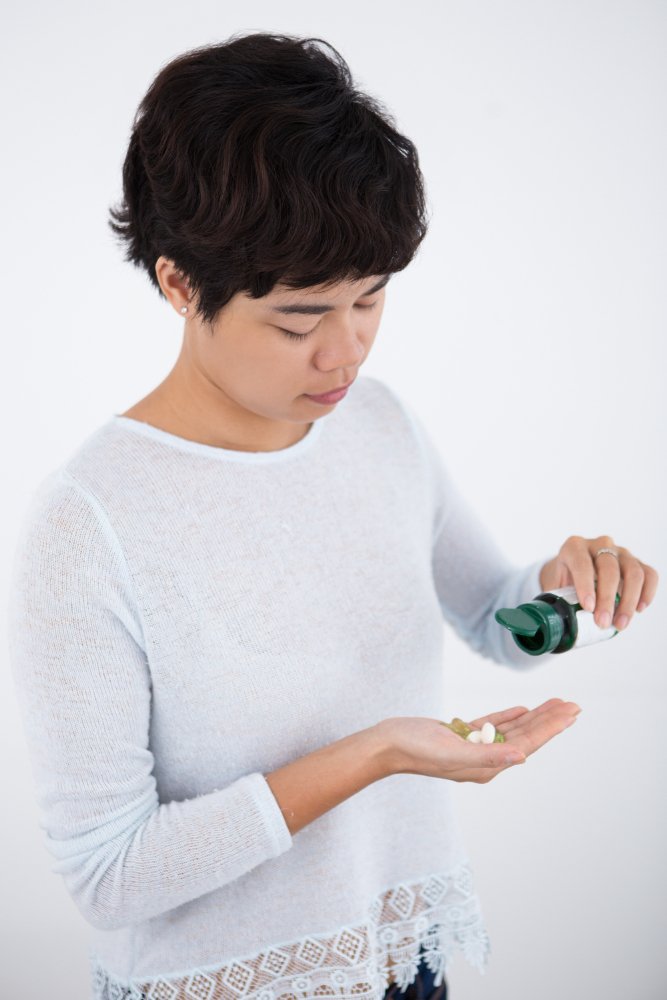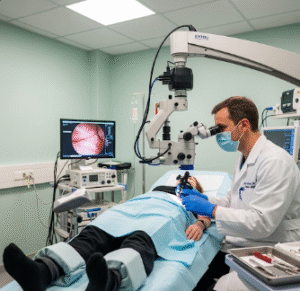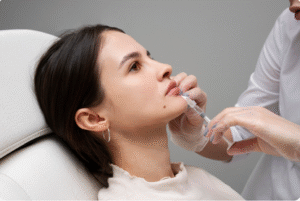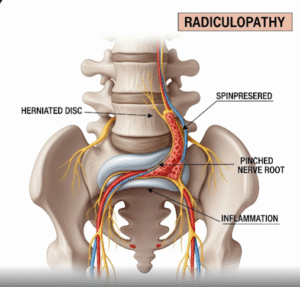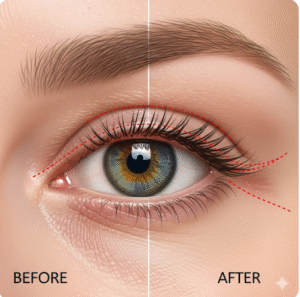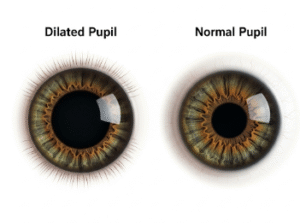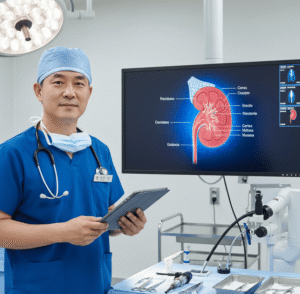Overview
Drug allergy is a type of adverse drug reaction that involves the immune system mistakenly identifying a medication as a harmful substance. Unlike common side effects or intolerance (which may cause nausea, stomach upset, or fatigue), drug allergies trigger an immune response, often involving antibodies such as IgE or T-cells.
In Korea, the increasing use of modern medications, including antibiotics, biologics, and chemotherapy drugs, has led to a growing awareness of drug-induced allergic reactions. The Korean healthcare system places strong emphasis on accurate diagnosis, as mislabeling patients with drug allergies (such as penicillin allergy) can unnecessarily restrict treatment options. Many leading hospitals in Korea operate specialized allergy and immunology departments where patients undergo detailed assessments, skin testing, and, if needed, supervised desensitization therapy.
What is Drug Allergy?
A drug allergy is an immunologically mediated response to a drug. When the immune system wrongly identifies a drug or its metabolite as harmful, it mounts a defense against it, resulting in allergic reactions. Drug allergies may occur with almost any medication, but certain classes are more frequently associated with hypersensitivity reactions.
This condition differs from:
- Drug intolerance: Non-immune side effects (e.g., stomach upset from aspirin).
- Drug toxicity: Dose-related effects (e.g., liver damage from high acetaminophen).
- Idiosyncratic reactions: Unpredictable, non-immune responses.
Symptoms
Symptoms of drug allergy can range from mild to life-threatening. They may appear within minutes to hours (immediate reactions) or even days to weeks (delayed reactions).
Common symptoms:
- Rash, itching, or hives (urticaria)
- Fever
- Runny nose, watery eyes
- Swelling of lips, tongue, or face (angioedema)
- Wheezing, shortness of breath
Severe symptoms:
- Anaphylaxis: A rapid, life-threatening reaction involving low blood pressure, airway obstruction, and shock.
- Stevens-Johnson syndrome (SJS) and toxic epidermal necrolysis (TEN): Severe skin blistering and peeling.
- Drug reaction with eosinophilia and systemic symptoms (DRESS syndrome): A serious reaction involving rash, fever, swollen lymph nodes, and internal organ damage.
Causes
Drug allergies arise from abnormal immune system activity:
- IgE-mediated hypersensitivity: Triggers histamine release (common with penicillin).
- T-cell mediated delayed reactions: Cause severe skin conditions like SJS/TEN.
- Cross-reactivity: Allergy to one drug can sometimes cause reaction to related drugs.
Common medications causing allergies in Korea include:
- Antibiotics: Penicillin, cephalosporins, sulfonamides.
- Pain relievers (NSAIDs): Aspirin, ibuprofen, naproxen.
- Anticonvulsants: Carbamazepine, phenytoin.
- Chemotherapy agents: Platinum-based drugs.
- Monoclonal antibodies & biologics: Increasingly common with modern therapies.
Risk Factors
You may be at higher risk if you:
- Have a family history of drug allergies.
- Suffer from asthma, hay fever, or eczema.
- Take frequent or high doses of medications.
- Have underlying immune system disorders.
- Are receiving chemotherapy or biologic therapies.
Complications
- Life-threatening anaphylaxis if untreated.
- Organ damage (liver, kidney, lungs, or heart) in severe systemic reactions.
- Hospitalization due to SJS/TEN requiring burn-unit-level care.
- Restricted treatment options if mistakenly labeled allergic (especially antibiotics).
Prevention
- Inform your healthcare providers in Korea about any known allergies.
- Carry a medical alert bracelet or card.
- Request an allergy evaluation if you are unsure.
- In case of previous life-threatening allergy, carry an epinephrine auto-injector.
- For unavoidable medications, desensitization therapy may be arranged in Korean hospitals.
Treatment Options in Korea
Diagnosis
Korean hospitals employ advanced diagnostic tools to confirm drug allergies:
- Detailed medical history & reaction timeline
- Skin prick and intradermal tests (commonly for penicillin)
- Patch testing (for delayed hypersensitivity)
- Blood tests (IgE, tryptase levels)
- Drug provocation test (DPT): Considered the gold standard, performed under strict hospital monitoring.
Medical Treatments
Depending on severity, treatment includes:
- Antihistamines: To reduce rash and itching.
- Corticosteroids: To decrease inflammation.
- Bronchodilators: For breathing difficulties.
- Epinephrine injection: For immediate treatment of anaphylaxis (auto-injectors available in Korea).
Advanced & Specialized Therapies
- Drug desensitization: Used when no alternative drug exists (e.g., penicillin in syphilis treatment, or chemotherapy drugs).
- Immunomodulatory approaches: Research in Korea is ongoing for targeted therapies.
Rehabilitation & Support
- Patient education sessions in hospitals about safe drug use.
- Psychological counseling if patients develop medication anxiety after severe reactions.
- Ongoing monitoring in specialized allergy clinics.

